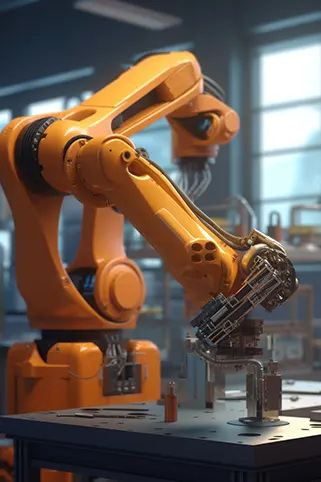
Innovation and industry, an ever-evolving process!
Industrial innovation enables companies to improve their performance and be creative. This competitive process can be radical or incremental. It is essential for the development and survival of all sorts of companies.
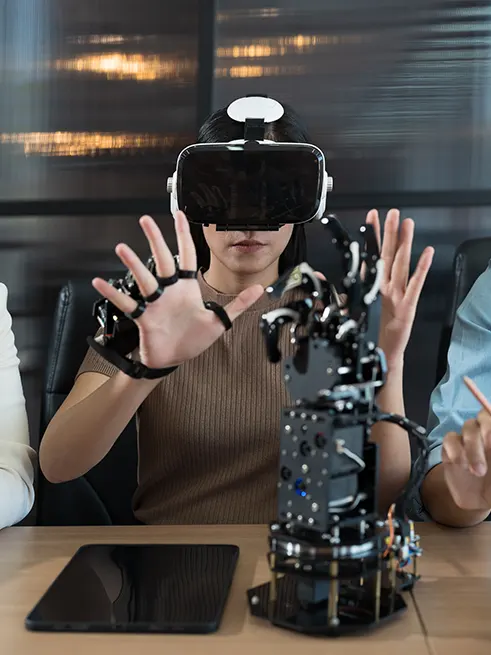
Impact of the IoT on industry and the Industry 4.0 era
The fourth industrial revolution is based on the technologies of the Internet of Things, cloud computing and artificial intelligence. Thanks to the IoT, industry will be able to cut costs, improve communication and optimise control and automation, more details on etechnopedia.com.
What is the factory of the future?
New technologies are changing the landscape

Innovative manufacturing processes
Obtaining products by optimising energy and raw materials.

Product Lifecycle Management
PLM optimises product quality, lead times and costs.

Intelligent industrial machines
These machines collect and analyse data in real time.
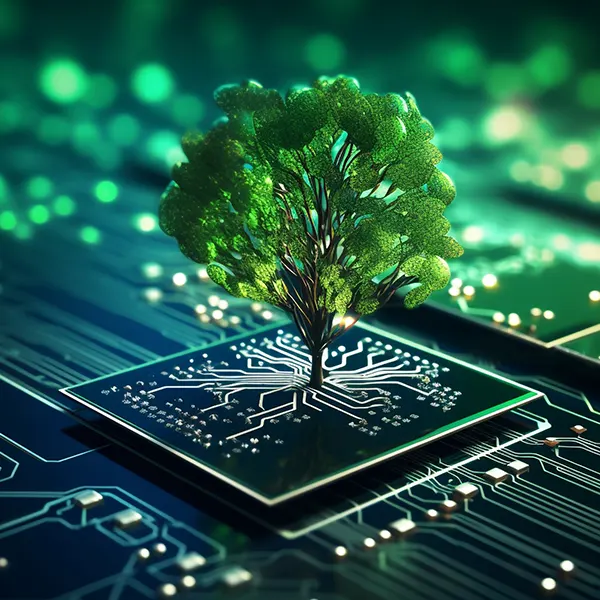
Clean energy
Energy performance and green factories
Using clean energy in an industry helps to preserve the environment and combats global warming. This source of energy is often associated with renewable energies. By improving energy performance, you can effectively lower your energy consumption, more on hi-techblog.com.
Reduce greenhouse gas emissions
Reduce dependence on fossil fuels
A major challenge for the energy transition
Various indicators and standards
Green factory, minimise the negative impact on the environment
Optimise economic and social performance
Green plants reduce waste through recycling and energy recovery
Major advances
3 new technologies that will set new standards

Augmented and virtual reality
Virtual reality and augmented reality have particular potential in connected, automated and intelligent industries. These technologies facilitate the design process by creating virtual prototypes.

Automation and Big Data
Automation is a technology that increases efficiency, productivity and precision. Big data optimises processes and helps us better understand the needs of all our customers.

Artificial intelligence and robotics
Artificial intelligence and robotics are frequently linked. Robots can use AI to improve their autonomy and performance. These technologies are developing rapidly.
Different sectors
Innovation, the key to industrial recovery
Innovation is a key factor in the growth and competitiveness of all industrial companies. The information and communication sector houses the largest number of innovative companies in France.
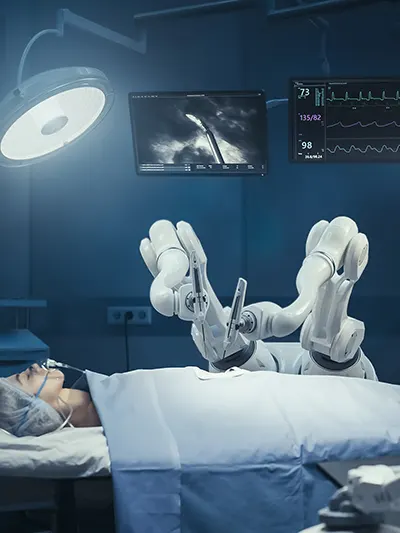
Surgical robotics in medicine
Revolutionary assisted surgery
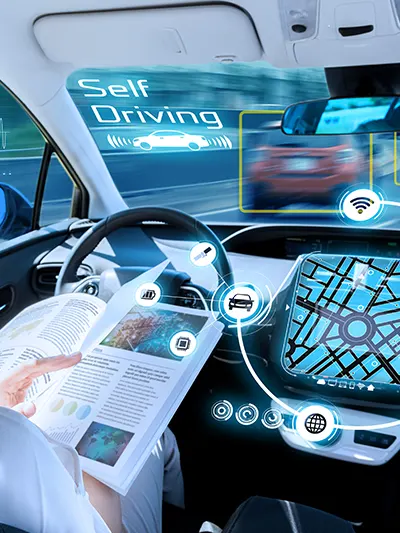
Autonomous and electric vehicles
Futuristic driving, intelligent mobility
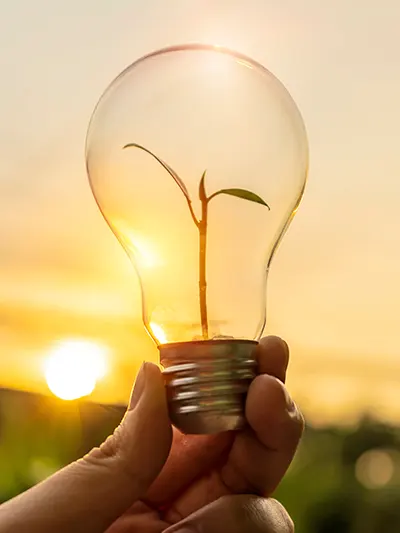
Third-generation solar energy
Solar revolution, the energy of the future

Commercial space travel
Space tourism, journeys to the stars
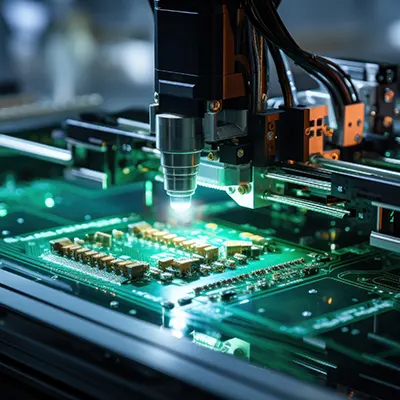
Printed circuit manufacturing technology
The printed circuit is made up of layers of copper separated by an insulating material. These layers contain tracks and pads. While the tracks are used to conduct electrical current between the parts of the circuit, the pads are used to attach components or make a connection between the layers of copper. To obtain printed circuit boards and technical parts, you can use the help of manufacturers such as Groupe ICAPE.
Blockchain: the technology that changes everything
Invented in 2008 by Satoshi Nakamoto, the blockchain is a technology that can be useful in a different fields, in addition to the financial sector. It is used for any type of information that needs to be tracked. This large digital register is used to safeguard the ownership of property, protect copyright, manage smart contracts or even authenticate a person’s identity.
Nanotech in industry
Nanotechnology, the driving force behind Industry 4.0
Nanotechnologies are profoundly transforming industrial methods of production, communication and consumption. This key driver for the Industry 4.0 initiative is helping to address the major challenges of the 21st century. Nanotechnology is playing a key role in the transition to energy, security, health and sustainable development.
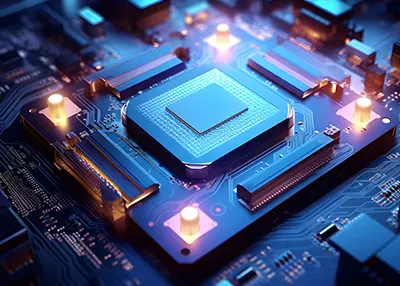
Transistors and flash memory
Transistors are integrated circuits comprising millions of transistors on a silicon chip. Flash memories, on the other hand, can store data even without a power supply.
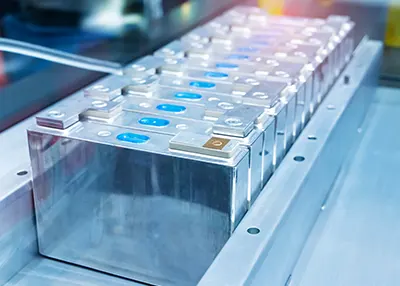
Batteries and energy sensors
Nanotechnologies are improving the performance of lithium-ion batteries by using nanostructured materials. To achieve this, French researchers have succeeded in synthesising tin dioxide nanoparticles.
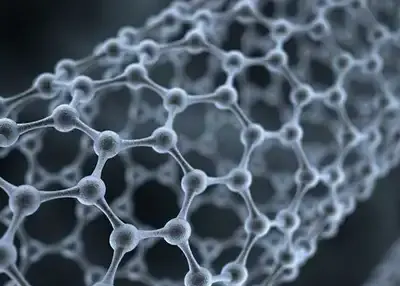
Carbon nanotubes and nanocomposites
Carbon nanotubes are excellent conductors of heat and electricity. Nanocomposites combine a matrix and a set of reinforcements on a nanometric scale.